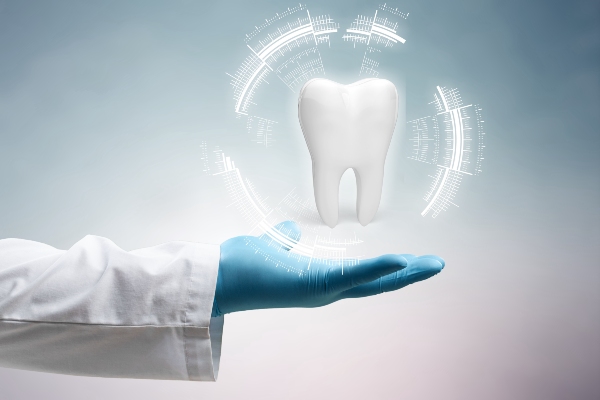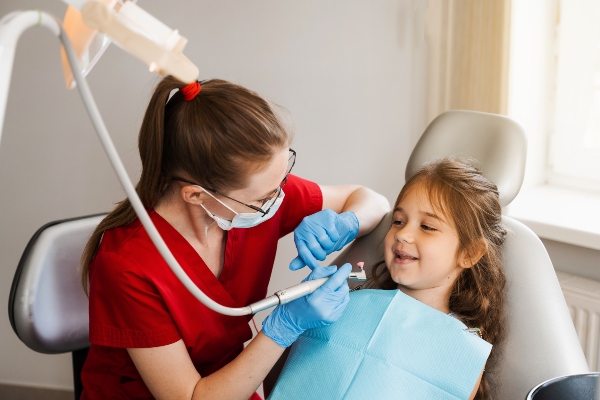 A firm understanding of oral hygiene basics can prevent tooth decay, gum disease, and general oral discomfort. Kids develop a range of habits that impact oral health, some of which are good and some of which can be damaging. Avoiding these damaging behaviors helps promote strong teeth and gums that can last a lifetime.
A firm understanding of oral hygiene basics can prevent tooth decay, gum disease, and general oral discomfort. Kids develop a range of habits that impact oral health, some of which are good and some of which can be damaging. Avoiding these damaging behaviors helps promote strong teeth and gums that can last a lifetime.
6 bad habits children should avoid in their oral hygiene basics
Being proactive with good dental care habits helps prevent oral health problems. Correcting bad habits can help reduce potential damage to the mouth. Take note of these habits.
1. Brushing too harshly
Children, especially younger ones, must avoid the temptation to vigorously brush their teeth in an effort to remove bacteria and plaque. While teeth are durable, brushing too harshly will wear down the enamel and irritate the gums, resulting in abrasions, bleeding, or sensitivity. Should the gums begin to recede, this can lead to dentin exposure below the gum surface. Many pediatric dentists recommend purchasing a soft-bristled brush and brushing consistently for two minutes to thoroughly clean the teeth. Luckily, many child-friendly toothbrushes are available that will play songs or have some interactive activity that makes it easier for children to clean their teeth for the complete two minutes.
2. Biting the fingernails
Children have many coping habits, including biting their fingernails. Some nervous habits are hard to kick, but since biting on the fingernails can be incredibly damaging to the teeth, it is important children break this habit. As a part of oral hygiene basics, biting the fingernails introduces a host of bacteria and foreign germs into the mouth. In addition, chewing on non-edible items can lead to cracking, chipping, or fracturing of the teeth.
3. Constantly eating
Though the teeth are designed to take the abuse from chewing and chomping, continually snacking throughout the day can damage the teeth. Drinking sugary, carbonated soft drinks or sweetened coffee can leave the teeth coated in sugar for the day. In addition, constantly eating carbohydrate-filled foods or munching on chips fuel any oral bacteria in the mouth. This can create a strong, damaging layer of plaque and tartar that leads to premature tooth decay.
4. Grinding or clenching
Many people develop the habit of bruxism, which is grinding the teeth or clenching the jaw for extended periods. It can happen throughout the night or while an individual is awake, and it often occurs in individuals dealing with stress. These bad habits wear down tooth enamel and increase vulnerability to tooth decay. Also, the habit can create problems with jaw pain, chipped teeth, and headaches.
5. Thumb-sucking
Sucking on anything frequently and for long periods can cause problems with the teeth and gums. However, sucking on a pacifier or a thumb is especially hard on the mouth because it can cause both their primary (baby) and secondary (adult) teeth to develop malocclusions. In addition, thumb-sucking can cause speech issues, bad breath, tooth decay, gum disease, and sore cheeks or lips.
6. Poor chewing decisions
Though tempting, children should not use their teeth as tools, whether tearing a bag of chips open or holding onto items. Also, they should avoid chewing on ice, popcorn kernels, or other hard materials. Doing so can lead to extensive tooth damage, resulting in pain, shifting, and a less appealing smile.
Conclusion
Knowing these oral hygiene basics can help preserve the look and function of the teeth. Bad habits can lead to discomfort and serious damage. If your child needs help establishing an oral health foundation, contact us today.
Request an appointment or call Hudson Valley Pediatric Dentistry at 845-363-4177 for an appointment in our Middletown office.
Recent Posts
Having a solid handle on oral hygiene basics will help preserve the integrity of a child's teeth and mouth health for many years to come. Steering clear of cavities, receding gums, or decay ensures their smile is bright and beautiful for as long as possible. If your child believes they already have an excellent oral…
When you and your child visit the dentist, you expect to get your child’s teeth cleaned and learn the current state of their dental health. However, many parents overlook the expertise dentists can provide about the important aspects of oral hygiene basics.In addition to caring for teeth, dentists can offer helpful recommendations for young patients…
In order to maintain your child's healthy teeth and gums, you should follow the oral hygiene basics recommended by a pediatric dentist. These practices, including brushing and flossing, should be done twice and once a day, respectively. However, it is common for children to forget to maintain these habits. Failing to observe oral hygiene basics…


